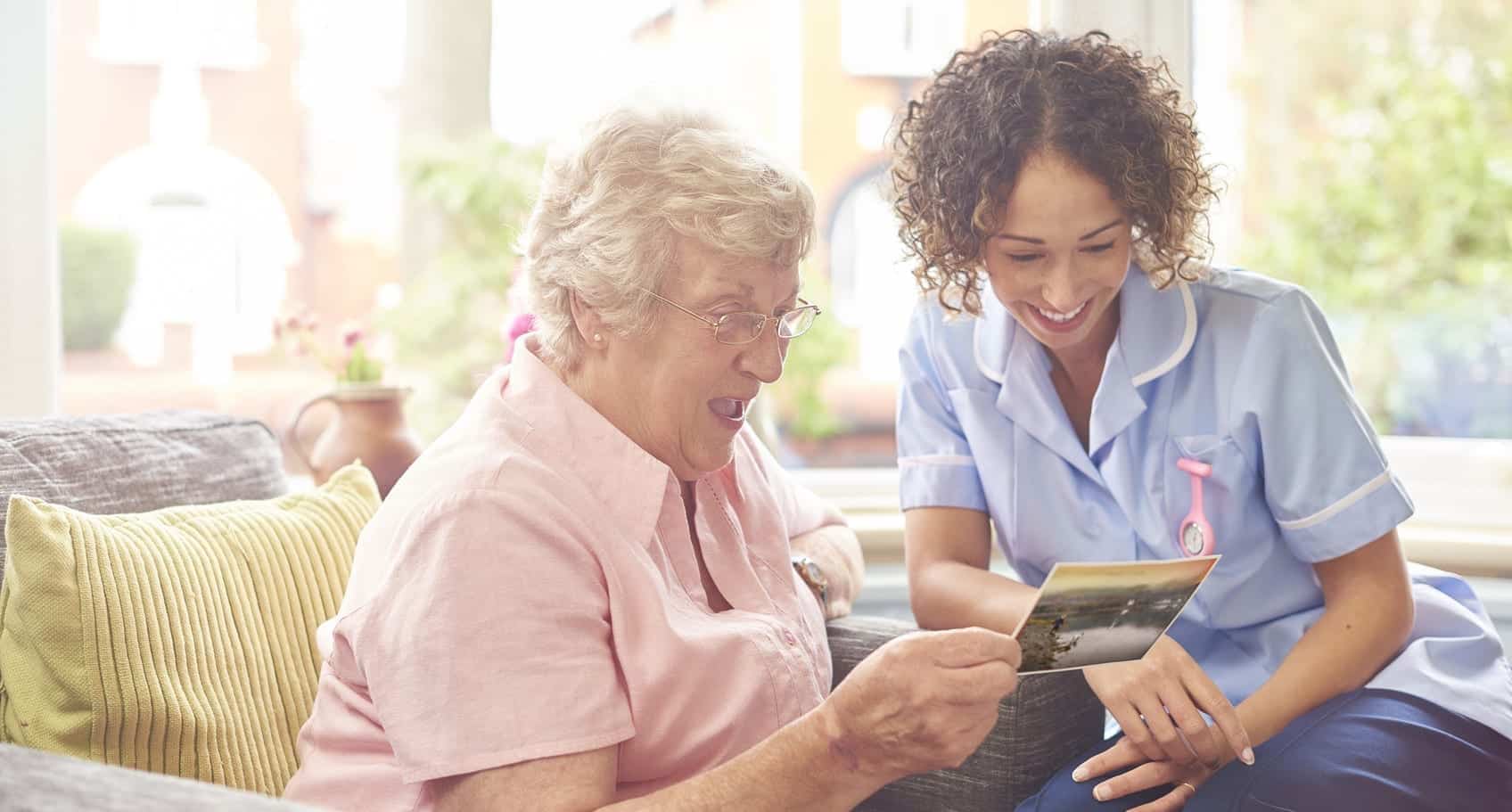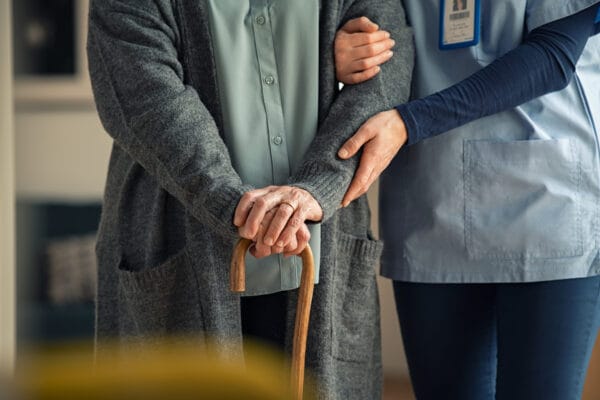
The Short Answer:
The first step in preventing elder abuse is understanding what elder abuse is. Elder abuse refers to any act or failure to act by someone in a position of trust that causes harm to an older adult. This can include physical, emotional, or sexual abuse, neglect, financial exploitation, or abandonment. Recognizing the signs and taking them seriously is key to stopping abuse before it escalates.
Key Takeaways:
- Elder abuse is harm caused to an older adult by someone they rely on, whether through action or neglect.
- Understanding what elder abuse is helps you recognize abuse in all its forms—physical, emotional, sexual, financial, and neglect.
- The first step in prevention is spotting red flags like unexplained injuries, sudden behavior changes, or suspicious financial activity.
- Abusers can include caregivers, family members, or staff at nursing homes or assisted living facilities.
- If you suspect abuse, act quickly: report it, document what you see, make sure the elder is safe, and contact a nursing home abuse lawyer for help.
Table of Contents
What Is Elder Abuse?
Elder abuse is a single or repeated act—or a failure to act—by someone in a relationship of trust that causes harm or distress to an older adult. This mistreatment can happen anywhere, including private homes, nursing homes, or assisted living facilities.
Anyone can become a victim of elder abuse, regardless of their health, income level, or social status.
Types of Elder Abuse
There are several forms of elder abuse, each with unique warning signs:
- Physical Abuse: Hitting, slapping, pushing, or using unnecessary restraints. Signs may include bruises, broken bones, or unexplained injuries.
- Emotional or Psychological Abuse: Verbal assaults, threats, or humiliation that cause fear or anxiety. Victims may seem withdrawn, depressed, or fearful.
- Sexual Abuse: Any non-consensual sexual contact, including unwanted touching or forced nudity. Warning signs include bruises in sensitive areas or sudden behavioral changes.
- Neglect: Failing to provide basic needs like food, water, medical care, or hygiene. Victims may appear malnourished, unclean, or left alone for long periods.
- Financial Exploitation: Stealing money or misusing an older adult’s finances or property. Red flags include sudden bank account changes or unpaid bills.
- Abandonment: Deserting an elderly person who needs care, often at a hospital or public place, without arranging for their continued support.
Regularly checking in on your elderly loved ones can make all the difference. Frequent visits or calls allow you to spot changes in behavior, physical condition, or finances that may signal abuse. Early detection is key to protecting their safety and well-being.
What Is the First Step in Preventing Elder Abuse?
The first step in preventing elder abuse is acknowledging the signs and taking them seriously. At The McMahan Law Firm, our legal team knows that many cases go unreported simply because people aren’t sure whether what they’re seeing qualifies as abuse, or they’re afraid to speak up.
Recognizing potential abuse for what it is allows you to take meaningful action. That awareness is the foundation for:
- Raising the alarm early before the abuse escalates
- Supporting victims who may be afraid or unable to ask for help
- Educating others about red flags and risk factors
- Empowering families to hold abusers accountable
Preventing elder abuse starts with vigilance, and when there’s reason for concern, we’re here to help you protect your loved ones and take the right legal steps.
Other Steps You Can Take To Help Prevent Elder Abuse
At The McMahan Law Firm, we advise families to take proactive steps to protect their loved ones from abuse. Here are specific actions you can take:
- Stay involved. Regularly visit or check in with older loved ones, especially those in care facilities or living alone.
- Limit isolation. Loneliness increases vulnerability. Help keep seniors socially connected through visits, phone calls, or community involvement.
- Act on concerns early. If you notice anything unusual (injuries, fearfulness, missing money), don’t wait. Document what you see and report it.
- Support caregivers. Overwhelmed or unqualified caregivers may struggle to provide proper care. Ensure they have training, support, and oversight.
- Monitor finances. Keep an eye out for suspicious withdrawals, unpaid bills, or sudden changes to wills and accounts.
Preventing elder abuse takes awareness and consistent action. If something doesn’t feel right, trust your instincts and reach out for legal help if needed.
Warning Signs of Elder Abuse
Knowing what to look for can make the difference between ongoing abuse and timely intervention. Some of the most common red flags include:
- Injuries that don’t match the explanation or sudden shifts in mood or behavior
- Neglect of basic needs, such as poor hygiene, weight loss, or untreated medical conditions
- Unusual financial activity, like missing money, new credit cards, or changes to legal documents
- Fear, anxiety, or avoidance when certain caregivers or individuals are present
If you notice any of these warning signs, don’t ignore them. Elder abuse often worsens over time. Report your concerns and contact a lawyer to protect your loved one’s safety and rights.
Who Can Be Held Responsible for Elder Abuse?
Anyone entrusted with the care or well-being of an older adult can be held legally accountable if abuse occurs under their watch. This includes:
- Family members or spouses who neglect or intentionally harm their loved ones
- In-home caregivers who fail to provide proper care or engage in physical, emotional, or financial abuse
- Staff at nursing homes or assisted living facilities who mistreat residents or ignore signs of abuse
- Legal guardians or individuals with power of attorney who misuse their authority or exploit the elder financially
- Any person responsible for overseeing the elder’s daily needs or safety
When someone fails in their legal duty to protect an elder, they can face civil liability, and in some cases, criminal charges. Our firm is here to help you hold them accountable.
What To Do If You Suspect Elder Abuse
If you believe an older adult is being abused, don’t wait to act. Here’s what we at The McMahan Law Firm recommend:
- Report it immediately to Adult Protective Services (APS) or local law enforcement. Abuse is a crime, and getting authorities involved protects the victim and others.
- Document everything. Write down what you saw, when it happened, and who was involved. Take photos if there are visible injuries or unsafe conditions.
- Prioritize safety. Make sure the elder is not in immediate danger. If necessary, remove them from the environment or call 911.
- Get legal guidance. An attorney can help you understand your options and take steps to hold the responsible parties accountable.
Taking action early can stop the abuse and may even save a life. Our team is here to support you every step of the way.
Call The McMahan Law Firm Today
If you believe a loved one is experiencing elder abuse, you don’t have to face it alone. At The McMahan Law Firm, we’re committed to protecting the safety and dignity of older adults. Our team can help you explore your legal options and pursue justice against those responsible.
Reach out now for a free consultation. We’re ready to stand by your side and fight for what’s right. Let’s work together to keep your loved ones safe.



